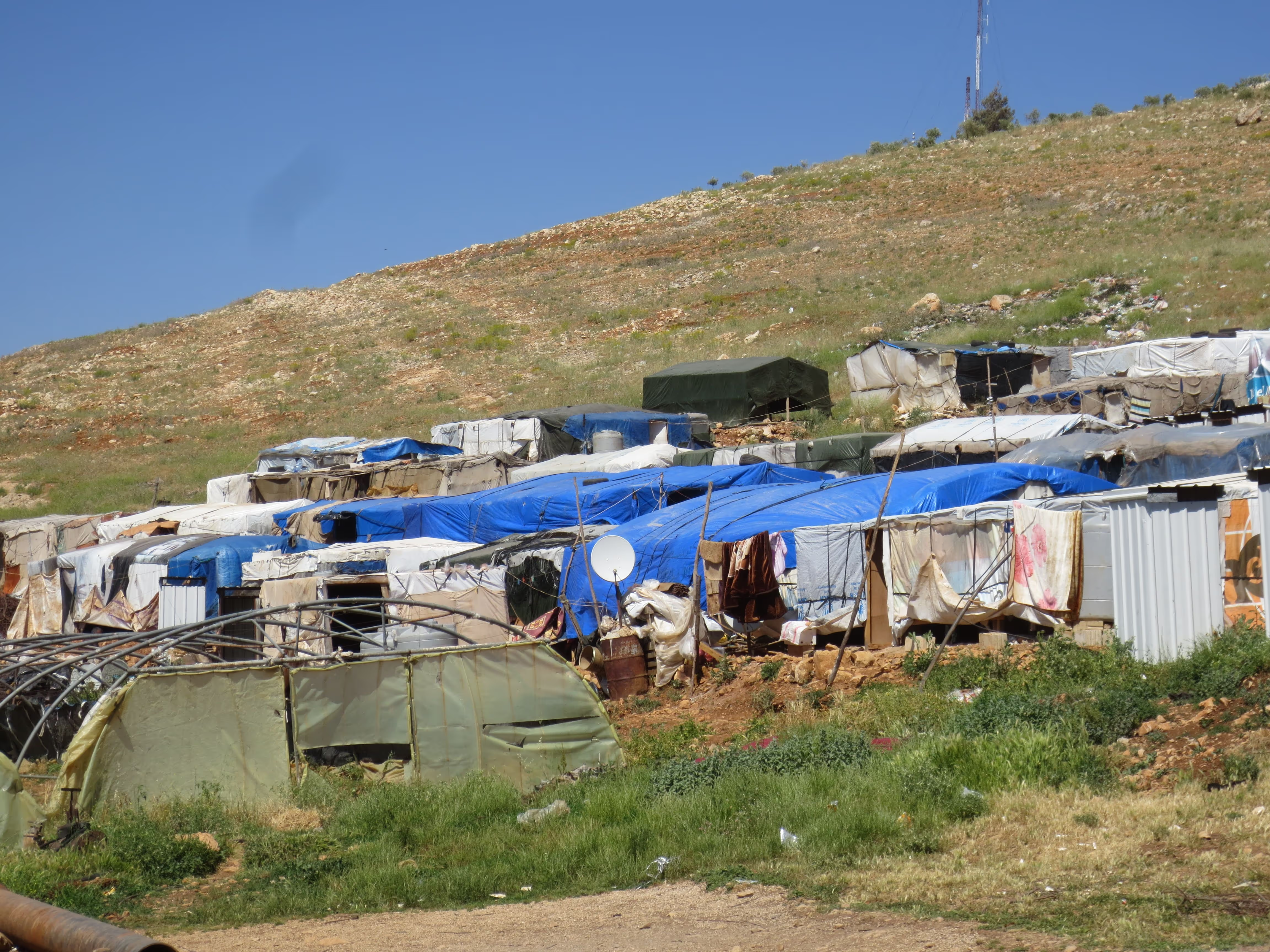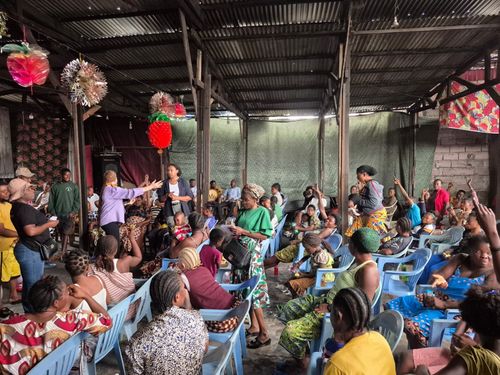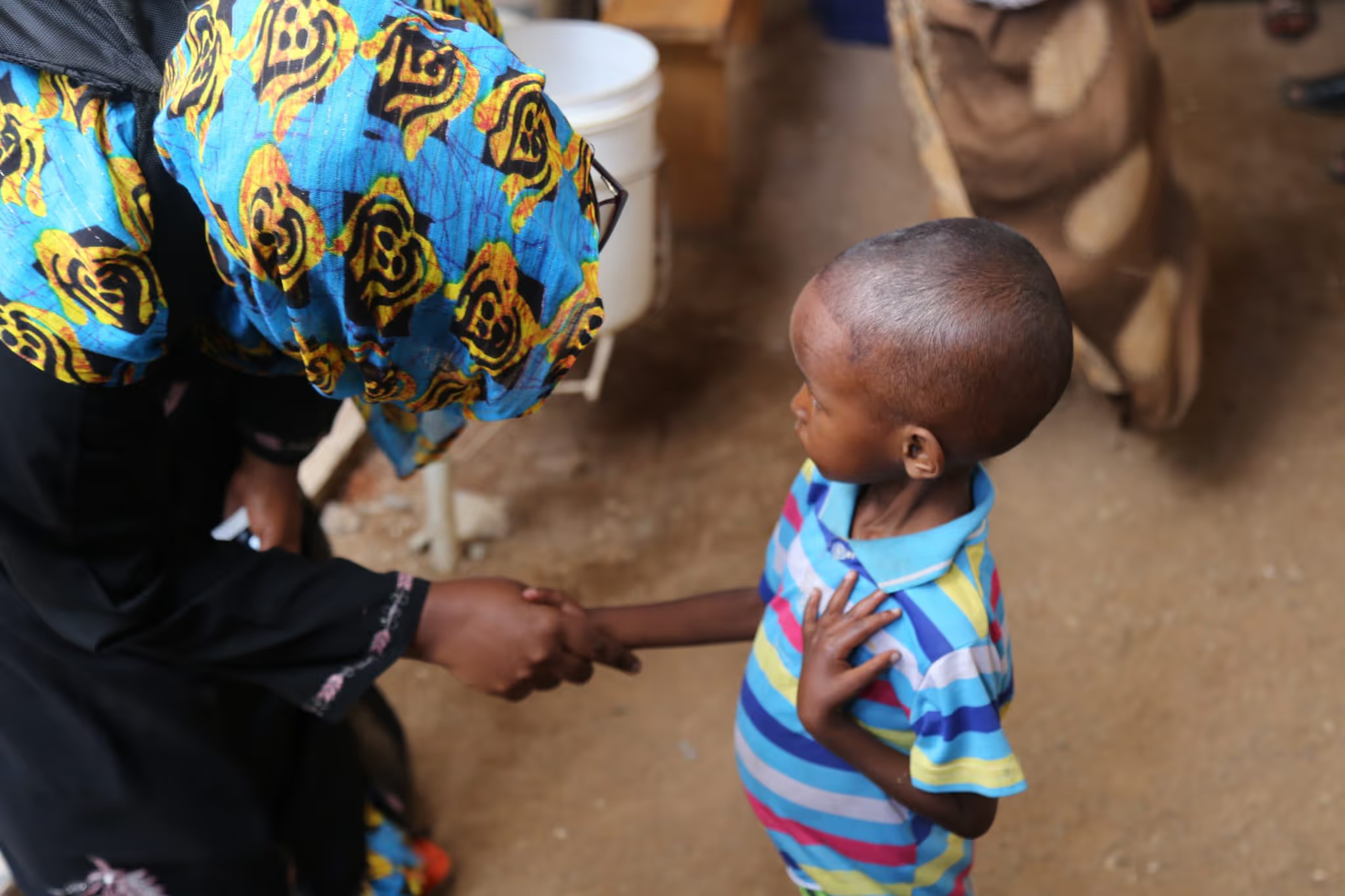Evaluation of Phone-Delivered Psychotherapy for Refugee Children

Project overview
This study, conducted in Lebanon with Syrian refugee children, used both qualitative and quantitative methods to look at effectiveness, feasibility and accessibility of a telephone-based mental health service.
Project solution
This project offers [specific solution or intervention] to tackle [challenge]. By implementing [strategies, tools, or innovations], the project aims to achieve [desired outcomes]. The approach is designed to [specific actions or methods] to bring about meaningful change in [community, region, or issue area].
Expected outcomes
This project aims to achieve [specific outcomes], such as [measurable results, improvements, or changes]. The expected impact includes [benefits to the target community, advancements in research or innovation, or long-term effects]. By the end of the project, we anticipate [specific changes or milestones] that will contribute to [broader goals or objectives].
Principal Investigator: Michael Pluess, Queen Mary University of London
RESEARCH SNAPSHOT: DELIVERING PSYCHOLOGICAL TREATMENT TO REFUGEE CHILDREN VIA TELEPHONE
How can we overcome common barriers to mental health service access and deliver psychological treatment to children in humanitarian settings? This study, conducted in Lebanon with Syrian refugee children, used both qualitative and quantitative methods to look at effectiveness, feasibility and accessibility of a telephone-based mental health service.
[.cta_link]View Research Snapshot[.cta_link]
What did the study set out to achieve?
Most Syrian refugee families living in settlements in Lebanon face barriers to accessing healthcare and support, including mental health services. However, most have access to a mobile phone which provides an opportunity for accessing therapy remotely. This study examined whether an existing evidence-based treatment – Common Elements Treatment Approach (CETA) – adapted for delivery over the phone (t-CETA) could overcome these barriers.
;
What were the key findings?
The team found that t-CETA was feasible, acceptable, and reduced symptoms of mental health problems in children, while helping to overcome access barriers. Findings show that phone-based mental health services may be a promising solution for providing mental health support to refugee children in crisis settings. A larger trial could strengthen these findings and improve understanding of efficacy.
Feasibility and acceptability:
- t-CETA reached more children and was more logistically flexible than standard treatment.
- Phone delivery reduced the effect of stigma and increased adherence, given that families did not need to visibly attend a clinic.
Overcoming access barriers:
- Children receiving t-CETA were more likely to start and complete treatment and less likely to miss sessions.
Reducing symptoms:
- Children presented with post-traumatic stress, anxiety, depression, and conduct problems; comorbidity was typical.
- There was a greater decrease in symptoms and problems over the course of treatment in children who received t-CETA compared to standard treatment.
What does this mean for policymakers and practitioners?
- t-CETA can increase access to effective mental health treatment for hard-to-reach populations that otherwise struggle to access services.
- Flexible scheduling of phone appointments during evenings and weekends can further reduce barriers to access.
- t-CETA is a scalable solution. Lay counsellors and remote supervision reduces the need for mental health professionals in the area where treatment is needed.
- Building capacity in phone-delivered services can increase resilience to events that impact mobility, such as the COVID-19 pandemic. t-CETA was provided during nationwide protests and road closures in Lebanon in 2019, with minimal disruption to children’s treatment.
- Humanitarian practitioners may increasingly need to consider telemedicine while awaiting the COVID-19 vaccine rollout.
The study team also produced practical guidance to support humanitarian actors in delivering telephone-based mental health services, to help overcome common challenges that can arise during service delivery.
Next steps
- There is a need for larger trials on t-CETA to investigate treatment efficacy in more depth.
- Trials in other populations and countries are needed to establish where and with whom t-CETA is feasible and effective.
Project delivery & updates
Stay up to date with the latest developments from this project. Here, you will find details on what has been delivered, resources created, and regular updates as the project progresses. Access key documents, reports, and other materials to see how the project is making an impact.







